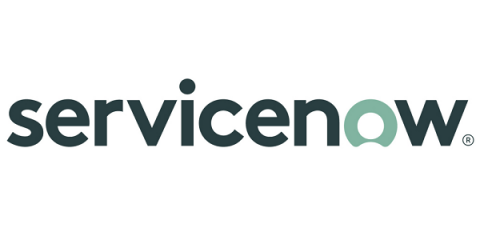Operations | Monitoring | ITSM | DevOps | Cloud
ITSM
The latest News and Information on IT Service Management, Service Desk and related technologies.
Migrate Insight Cloud To Insight In Jira Service Management
Ivanti Named as a Visionary in the 2021 Gartner Magic Quadrant for Unified Endpoint Management Tools
Have you heard the news? The latest Gartner Magic Quadrant for Unified Endpoint Management Tools (UEM) is out, and here at Ivanti we’re thrilled to be recognized in the Visionary quadrant for completeness of vision and ability to execute. We’re especially proud to be positioned as a Visionary as we feel this reflects the forward momentum we bring to the market.
New Virtual Agent integration automates time-consuming IT issues
Like much of the workforce, IT help desk teams have spent the past year implementing new tools and processes to adapt to the new world of hybrid work. Many, for example, have turned to virtual agents, AI-powered enterprise chatbot tools that allow employees to quickly resolve common IT issues. Yet, despite the promise of virtual agents, many IT teams still find themselves manually handling everyday incidents. Some of the most common are virtual application and desktop session “resets.”
Use AI and Delight your Employees with Freshservice Virtual Agent
Facility Management Software: Everything You Need to Know
In today's increasingly complex work environment, facility managers play an ever-growing role in ensuring that organizations have access to the tools and services that they need to function at their best, especially when it comes to the return to the office. If you've met or spoken to the facility manager at your organization, you may have noticed they're one of the hardest people to get a hold of.
Driving IT operations excellence with continual improvement management
Since the early 2000s, when I was introduced to the Agile Manifesto at a small software company in Ann Arbor, I’ve appreciated how great things can be accomplished through iterative and incremental improvements. A vision of excellence is important, but the path to realization is a disciplined approach: recognizing areas of improvement, making adjustments, measuring, and repeating the process until you’ve reached a stable and acceptable result.
How to Integrate Any Monitoring Tool to Your Freshservice Instance
How Sportsbet enhanced data security with automation
At Sportsbet, an Australian online betting company with more than 1.25 million customers, one thing we’re not willing to take a gamble on is customer security. That means having strict identity and access management protocols in place to protect customer data and get better visibility into whom our employees are and what they have access to.
Navigating the new challenges of hybrid work
Work changed in 2020, but not just for the lockdown period—it changed forever. It’s become increasingly clear that we won’t return to the old working model. Workers have become accustomed to the autonomy of a remote environment. The 2021 Employee Experience Imperative found that six in 10 employees prefer some amount of remote work. As vaccine rollouts make office work possible again, employers are realizing hybrid is the future.








